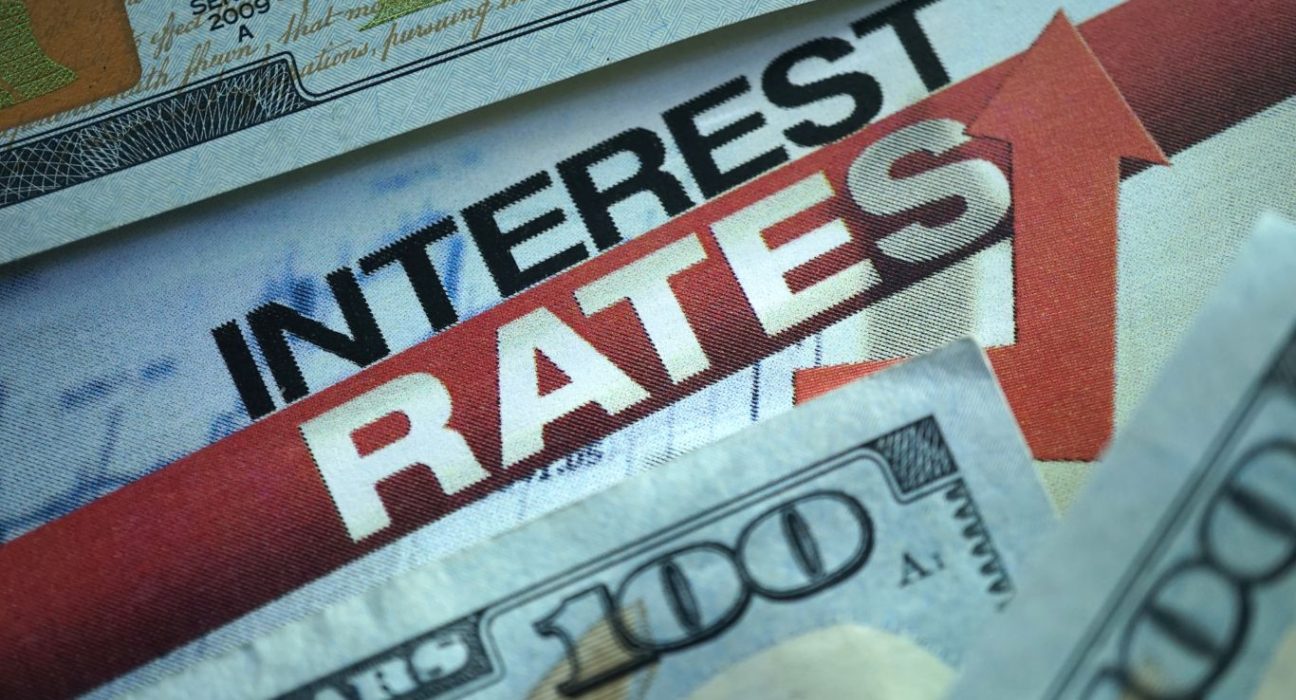Introduction
Hiking interest rates is a common tool used by central banks to control inflation. However, this policy can cause economic pain, especially for those in precarious positions, such as consumers who have borrowed too much and can’t make payments. In this article, we explore who should bear the burden of hiking interest rates and potential solutions.
Who Should Bear the Burden of Hiking Interest Rates?
Traditionally, the burden of hiking interest rates falls on consumers who have borrowed too much and can’t make payments. This approach aims to slow down the economy just enough to bring inflation back into balance. However, this policy can cause significant economic pain for those who are already struggling.
In a perfect world, the burden of hiking interest rates should fall on banks and venture capital, which are supposed to be the risk takers in an economy. This approach would be more fair and equitable, and it would give indebted consumers a fighting chance of survival.
The Impact on Banks and Venture Capital
If the burden of hiking interest rates were to fall on banks and venture capital, it could be a good thing. These entities are supposed to take risks and be prepared for potential losses. If they are not able to manage their risks properly, they should face the consequences.
However, the problem is that it’s tough to contain a banking crisis. If the fire spreads, it could get out of hand quickly, as we saw during the financial crisis of 2008. The collapse of Lehman Brothers was a key trigger that led to a global financial crisis. This event highlighted the need for effective measures to prevent the spread of a banking crisis.
Potential Solutions
In a perfect world, venture capital would get cleaned out, and banks would tighten lending. This approach would reduce the need for the Fed to hike interest rates and give indebted consumers a fighting chance of survival.
However, this solution is easier said than done. A banking crisis can quickly spiral out of control and have devastating consequences for the economy. The financial crisis of 2008 was a painful lesson for policymakers, and they are unlikely to repeat the same mistakes.
Another potential solution is for policymakers to implement targeted measures to alleviate the burden on consumers. For example, policymakers could provide relief to consumers who are struggling to make payments on their mortgages or other loans. This approach would help to mitigate the economic pain caused by hiking interest rates.
Conclusion
Hiking interest rates is a necessary tool to control inflation, but it can cause significant economic pain, especially for those in precarious positions. The burden of hiking interest rates traditionally falls on consumers, but there is an argument for it to fall on banks and venture capital instead. However, this solution is easier said than done, and policymakers must be careful to avoid a banking crisis. Another potential solution is for policymakers to implement targeted measures to alleviate the burden on consumers. Ultimately, the key is to find a balance between controlling inflation and minimizing economic pain.










